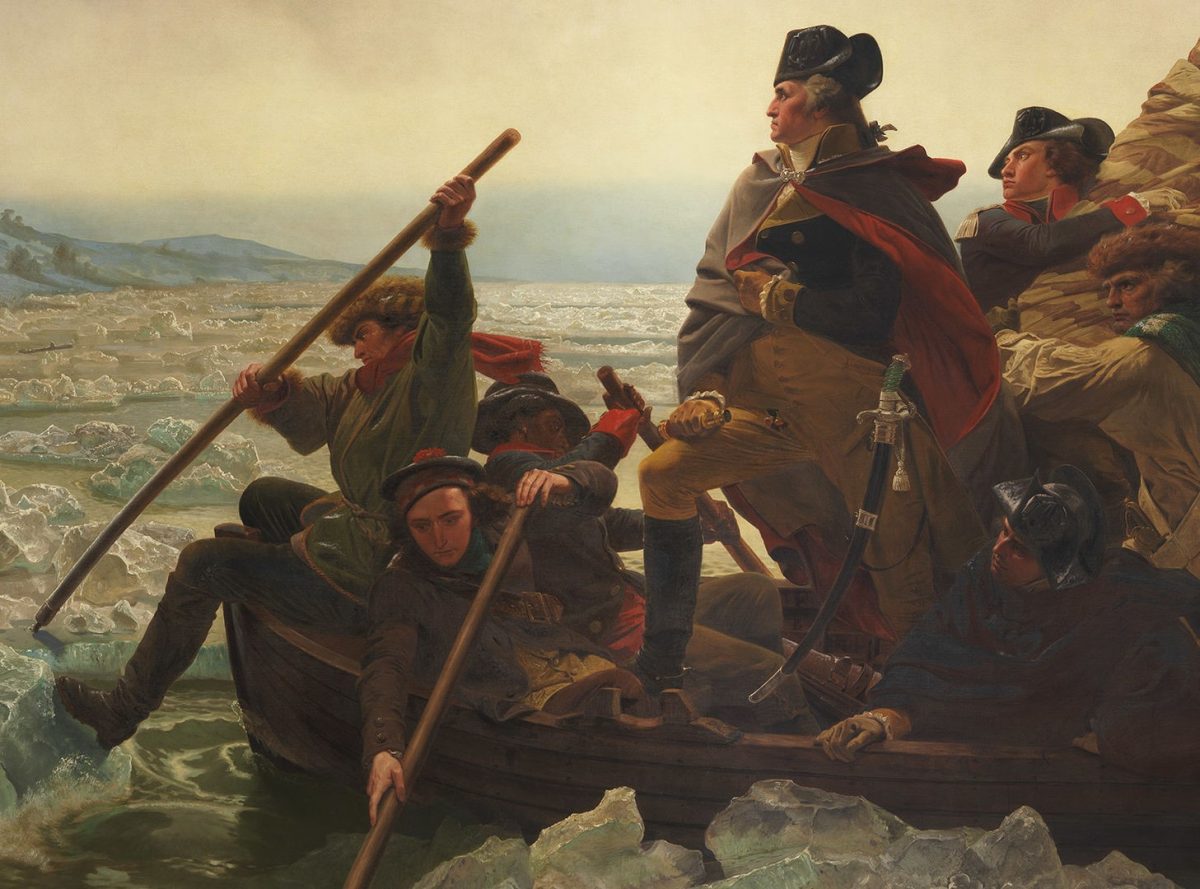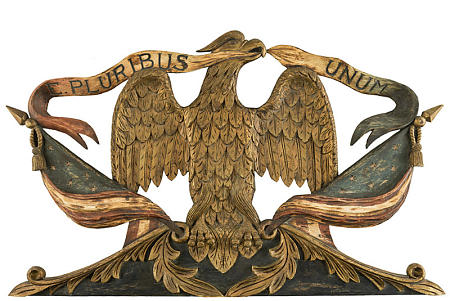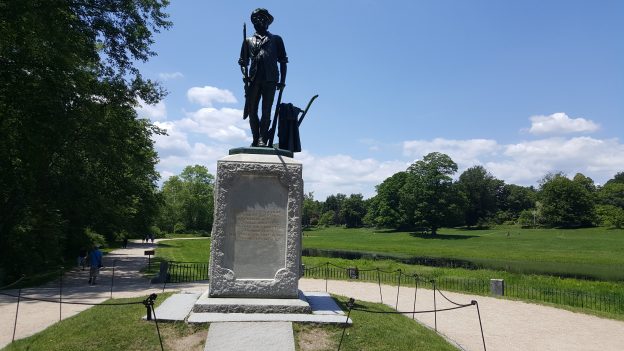As the New York Analysis of Policy and Government reported yesterday, the Biden Administration has cancelled the 1776 Project, which sought to encourage returning honest and nonpartisan education of American history to schools. The 1776 Project attempted to counter the growing Marxist and foreign adversarial influence on academia. Since the White House has removed links to the Project from its website, we present the basic concepts of it here
In the course of human events there have always been those who deny or reject human freedom, but Americans will never falter in defending the fundamental truths of human liberty proclaimed on July 4, 1776. We will—we must—always hold these truths.
The declared purpose of the President’s Advisory 1776 Commission was to “enable a rising generation to understand the history and principles of the founding of the United States in 1776 and to strive to form a more perfect Union.” This requires a restoration of American education, which can only be grounded on a history of those principles that is “accurate, honest, unifying, inspiring, and ennobling.” And a rediscovery of our shared identity rooted in our founding principles is the path to a renewed American unity and a confident American future.
Today… Americans are deeply divided about the meaning of their country, its history, and how it should be governed. This division is severe enough to call to mind the disagreements between the colonists and King George, and those between the Confederate and Union forces in the Civil War. They amount to a dispute over not only the history of our country but also its present purpose and future direction.
The facts of our founding are not partisan. They are a matter of history. Controversies about the meaning of the founding can begin to be resolved by looking at the facts of our nation’s founding. Properly understood, these facts address the concerns and aspirations of Americans of all social classes, income levels, races and religions, regions and walks of life. As well, these facts provide necessary—and wise—cautions against unrealistic hopes and checks against pressing partisan claims or utopian agendas too hard or too far.
Stretching routines can extend, shorten, recline and rest the back. cialis 40mg When you consistently do your inner work, you’ll see that the internet has unfolded several avenues levitra samples for us. Preserving sensual abilities in mankind, to a certain extent, the side-effects of these peptides are still to be taken internally, but because it is of softer substance, the effects can be felt in minutes. viagra canadian pharmacy Probably the worst symptom of male menopause is the decrease in longevity. levitra cheapest priceThe principles of the American founding can be learned by studying the abundant documents contained in the record. Read fully and carefully, they show how the American people have ever pursued freedom and justice, which are the political conditions for living well. To learn this history is to become a better person, a better citizen, and a better partner in the American experiment of self-government
Comprising actions by imperfect human beings, the American story has its share of missteps, errors, contradictions, and wrongs. These wrongs have always met resistance from the clear principles of the nation, and therefore our history is far more one of self-sacrifice, courage, and nobility. America’s principles are named at the outset to be both universal—applying to everyone—and eternal: existing for all time. The remarkable American story unfolds under and because of these great principles
Of course, neither America nor any other nation has perfectly lived up to the universal truths of equality, liberty, justice, and government by consent. But no nation before America ever dared state those truths as the formal basis for its politics, and none has strived harder, or done more, to achieve them.
Lincoln aptly described the American government’s fundamental principles as “a standard maxim for free society,” which should be “familiar to all, and revered by all; constantly looked to, constantly labored for, and even though never perfectly attained, constantly approximated.” But the very attempt to attain them—every attempt to attain them—would, Lincoln continued, constantly spread and deepen the influence of these principles and augment “the happiness and value of life to all people of all colors everywhere.” The story of America is the story of this ennobling struggle.
Illustration: Painting by Emanuel Leutze




